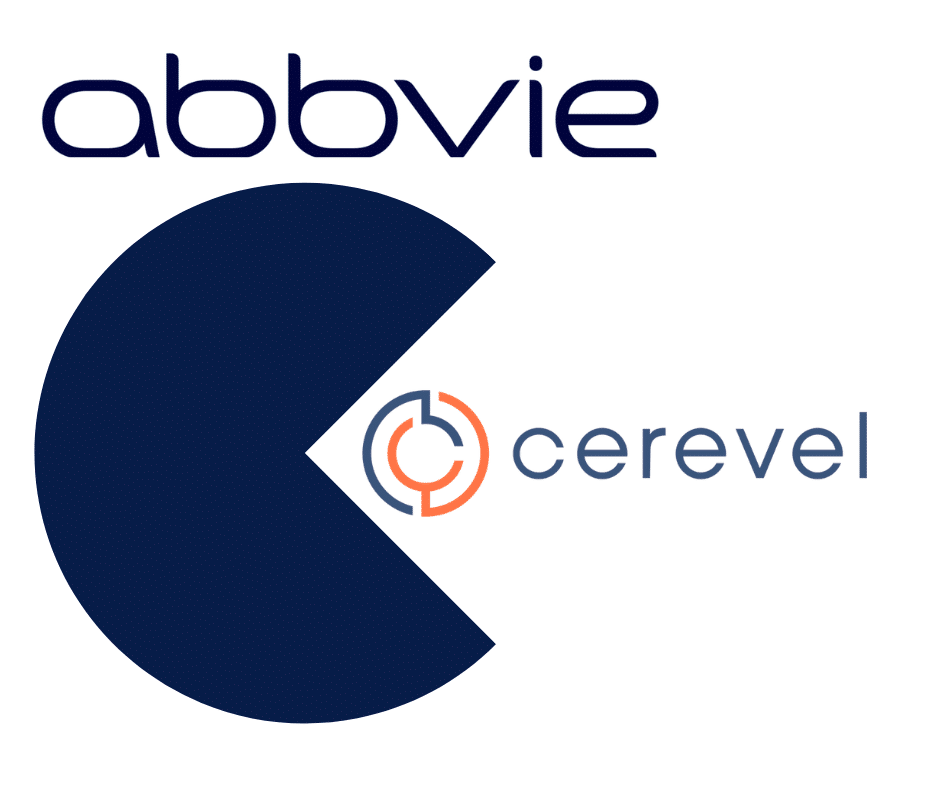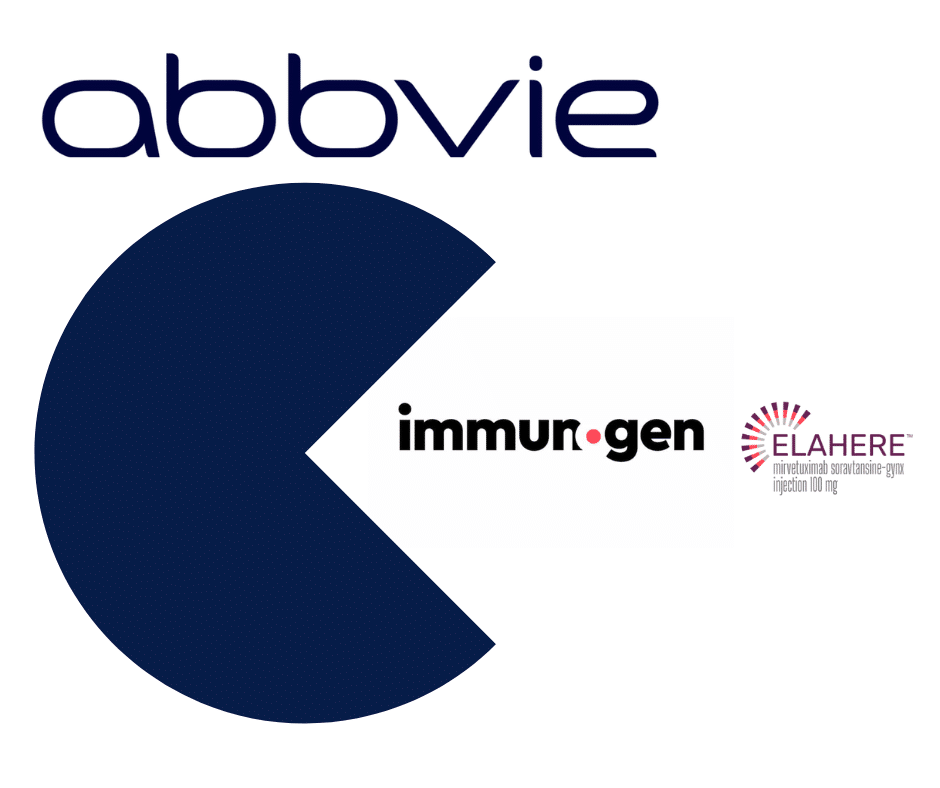
As the world waits for COVID-19 vaccines to become widely available, Amarin experiences a different form of anticipation, one which will see the fate of its own profitability. Our previous blog post on Amarin highlighted the disastrous effects of a U.S Court of Appeals decision to invalidate Amarin’s six patents. To briefly recap, while the judgement was aimed to benefit the “little guy”, the Amarin decision was in fact a huge blow not only to Amarin but to patients, and even generics. In the U.S. Amarin lost as VASCEPA will decline in profitability as generics enter the market. However, patients will also suffer a disservice as the decision disincentivizes Amarin to promote VASCEPA, a life-saving drug. Generics who are regarded as the victors in this case, may be indeed putting themselves at a disadvantage as they are now unable to ride the coattails of an established brand. Simply put, everyone loses as a result of the Amarin decision. Originally, A Federal district court in Nevada invalidated Amarin’s six patents. Before the Nevada court’s decision, Amarin’s stock price was $13.58 and the company had a market capitalization of $4.782 billion. As of this writing, Amarin’s stock price is $4.93 and the company has a market capitalization of $1.921 billion.
Despite the market behaving like Chicken Little in the immediate wake of Amarin’s court loss, the Irish biotech company has remained steadfast in the U.S market and looked to Europe and China for additional revenue. In a note to investors on November 6th, due to a “atypical market for icosapent ethyl” (VASCEPA), Amarin posits that it plans to “continue its robust sales and marketing efforts which keep branded VASCEPA a prioritized area of focus for the company and a significant source of revenue.” In Q3, Amarin reported a total revenue of $156.5 million, a 39% increase over Q3 ’19. Despite being open to generic competition from Hikma and Dr. Reddy, Amarin still has a supply advantage and, according to Amarin CEO John Thero, it has the capacity to facilitate substantially more revenue than the generics.
Following its court loss, Amarin has proceeded down two avenues: additional litigation and foreign markets. I review both in today’s post.
Amarin Decision: In the U.S. Courts
In the immediate wake of the court decision to invalidate Amarin’s six patents, via a note to investors, Amarin asserted that it “expects to file a petition for en banc review of the current panel decision by the full panel of 12 active judges at the U.S. Court of Appeals for the Federal Circuit.” During en banc review, instead of the usual panel of three judges, the entire team of 12 judges considers the case. Amarin subsequently filed this petition, however it was rejected. In a November 4th ruling, U.S Court of Appeals for the Federal Circuit noted “the petition for panel rehearing is denied” and “ the petition for rehearing en banc is denied.”
In the wake of this ruling, Amarin has since decided to seek another litigation effort to stifle Hikma. This obviously throws a wrench in Hikma’s plan as after the resolution of the Amarin case, they announced its launch of generic VASCEPA. They now find themselves back in the court room. On November 30th, Amarin announced that it has filed a new patent infringement lawsuit against Hikma in The United States District Court For the District of Delaware. According to the suit, Hikma infringed on Amarin’s “’537, ’077, and ’861 patents by making, selling, offering to sell and importing generic icosapent ethyl capsules in or into the United States.”
Additionally, according to its latest investor deck, Amarin plans to file a writ of certiorari by early February 2021 to ask the Supreme Court to hear its appeal. For reference, the Supreme Court typically hears 100-150 of 7000 cases it is asked to review each year. By statistics alone, SCOTUS is unlikely to hear Amarin’s case. Likewise, Amarin does not possess the best track record when it comes to successful writs of certioraris as the Court denied Amarin’s previous attempt where Amarin argued that the International Trade Commission should have investigated synthetically produced omega-3 products promoted as dietary supplements. Nevertheless, considering the current conservative majority on the court and its favorability towards business, if the Court decided to hear Amarin’s case, it could rule in Amarin’s favor.
In Foreign Markets
Despite a tough ruling in the U.S, Amarin’s patents still apply in foreign markets. In order to invalidate them, generic competitors would have to seek litigation in foreign courts. As such, Amarin has proceeded with its push to market VASCEPA in other countries. In Europe, Amarin made significant headway during October when the European Society of Cardiology expanded their guidelines to recommend the use of VASCEPA in treating acute coronary syndrome patients. Likewise, Amarin expects regulatory approval in early 2021 in Europe. The EU has 447.7 million people and 85 million have cardiovascular disease. This could potentially be a multi-billion-dollar market. The potential estimated European sales for Vascepa is $3.6 billion. Unlike the US, generics have not invalidated Amarin’s patents in Europe, so Amarin will be free to market VASCEPA across Europe.
As for the rest of the world, Amarin has already launched VASCEPA in Canada through an affiliate. In China, Amarin’s partner reported positive Phase 3 trial results and plans to file for approval in 2021. Akin to the U.S, in China, cardiovascular disease is a leading cause of death, making the East-Asian country a huge potential source of revenue. Considering Amarin’s potential to enter foreign markets, investment bank Piper Sandler targets Amarin’s share price at $19.
Update
Since our last post Amarin, Amarin has pretty much followed the blue print that we outlined. In the wake of the court decision that caused Amarin to lose its patent protection, Amarin has focused its sales efforts abroad. In fact, Amarin cut its U.S sales force from about 700 to 300 reps.
Amarin’s go-to-market strategy is focusing on reaching European markets.
Alex Fishman is a Snowfish intern. When not working and blogging for us, he is a student at the University of Virginia where he is studying Economics and Sociology.
Snowfish has been helping leading pharma, biotech, and med device companies optimize their stakeholder networks for almost two decades. Please check out snowfish.net to learn more.
- Market Access: The Latest Hurdle for Treating Alzheimer’s and Dementia - June 14, 2023
- Rare Disease Outreach a Missed Opportunity - November 7, 2022
- So You Read Our Previous Post on Biomarkers? - August 1, 2022



